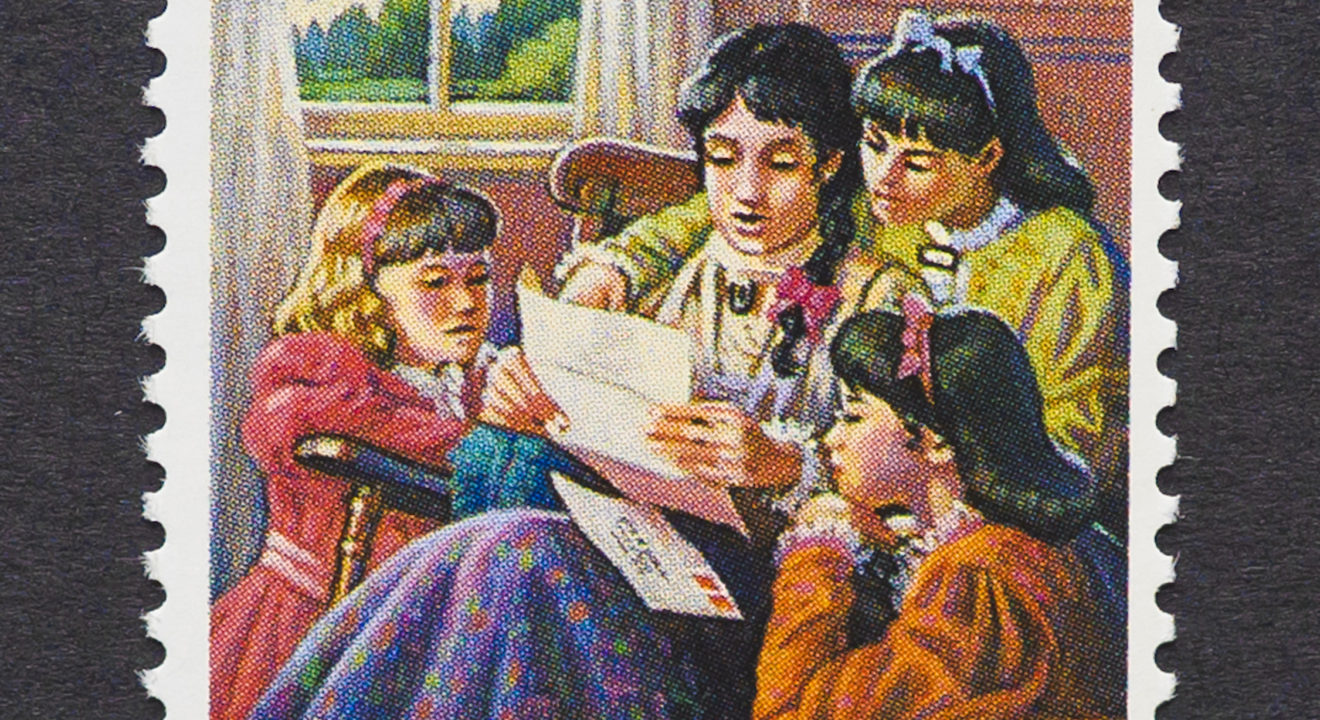Culture November 27, 2016


Louisa May Alcott tells us, “I want to do something splendid… something heroic or wonderful that won’t be forgotten after I’m dead…I think I shall write books.”
And she did exactly that. Most people remember Alcott as the author of “Little Women,” a novel as widely-loved when it was first published as it is today. But although this book remains the most popular of her writings, Louisa May Alcott did so much more than write just this one novel.
Alcott wrote over 30 novels and collections of short stories, some under her own name, some under the pseudonym of A.M. Barnard. She did not believe in living an idle life, and so she wrote poetry and short stories and children’s books and adult novels and novellas. She was a governess, a teacher, a seamstress, a nurse. There was no end to what she could do.
READ MORE: 5 Inspiring Female Authors Who Wrote Under Male Pen Names
But it’s through her personal life that we see just how exceptional she really was. First of all, she grew up among intellectual leaders of the time such as Ralph Waldo Emerson, Nathaniel Hawthorne and Henry David Thoreau, as well as her own father, Bronson Alcott. So although she spent most of her younger years in poverty, she was still highly educated.
Perhaps because of this education, she was a staunch abolitionist, as was the rest of her family. During the Civil War, her family even housed a runaway slave in their home for a week. We see her abolitionism seep through her writing, especially the novella “Hospital Sketches,” which she compiled based on letters she wrote as a nurse during the Civil War.
When people saw the firmness of her abolitionist and feminist thinking behind the layers of humor and satire in “Hospital Sketches,” Alcott became quite a successful writer. And with her success, Alcott realized she wanted to write seriously. So that’s what she did, producing anything from adult novels such as “A Long Fatal Love Chase” to children’s novels such as “Little Women,” “Little Men” and “Jo’s Boys.” After spending most of her life in poverty, Alcott finally earned financial success.
READ MORE: Breaking Boundaries for Women: Postmodern Feminist Fiction
She never married and she didn’t have children. In fact, in her personal journal she says, “I planned an article … It was about old maids. ‘Happy Women’ was the title, and I put in my list all the busy, useful independent spinsters I know, for liberty is a better husband than love to many of us.”
Probably because she was so financially successful as a writer, Alcott never felt the urge to marry. However, when her sister May died in 1879, she cared for her niece – affectionately nicknamed Lulu – until her own death in 1888 from suspected mercy poisoning. (Mercury was used to treat typhoid, a disease which she contracted as a nurse during the Civil War.)
Louisa May Alcott was an exceptionally gifted woman who made a name for herself through her witty and subtly radical writing. She was beloved by children and adults equally for her superbly clear writing and delicious stories. A radical thinker and a gifted satirist, Alcott’s legacy extends far beyond that of children’s novels.
READ MORE: 10 Modern Woman Literary Heroines